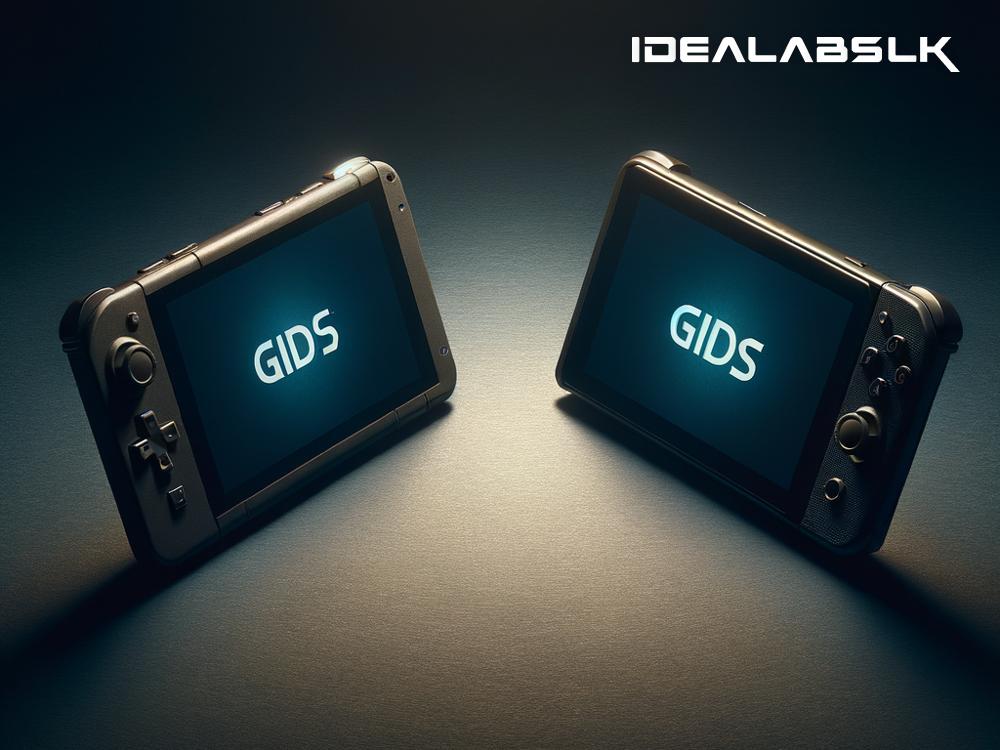Asus ROG Ally vs. Steam Deck: The Ultimate Handheld Gaming Console Showdown
In the world of handheld gaming, a new rivalry has emerged that's got gamers everywhere buzzing with excitement. The launch of the Asus ROG Ally is challenging Valve's Steam Deck head-on, leading to an epic showdown between two of the most anticipated gaming consoles in recent times. If you're caught in the dilemma of choosing between the two, you're not alone. Let's dive into what makes each of these gaming behemoths stand out and help you decide which one might be the better choice for your gaming adventures.
Design and Portability
Right off the bat, both the ROG Ally and the Steam Deck boast designs that scream "gaming" through and through. However, they approach their aesthetics and ergonomics differently. The ROG Ally sports a futuristic look with its RGB lighting and sleek lines, making it an eye-catcher. It’s designed with comfort in mind, ensuring that long gaming sessions won't leave your hands feeling tired.
On the other hand, the Steam Deck opts for a more functional design. It's somewhat bulkier than the ROG Ally, which can be a slight disadvantage in terms of portability. However, this extra size is put to good use by providing ample screen real estate and accommodating larger controls that offer a comfortable grip for varied hand sizes.
Power and Performance
When it comes to the engine under the hood, both consoles pack a serious punch, but there are differences worth noting. The Asus ROG Ally is powered by the latest hardware that's specifically tailored for high-performance handheld gaming, promising to run AAA titles with relative ease. Its cooling system is also noteworthy, keeping the device cool during intense gaming sessions.
Valve's Steam Deck doesn't lag behind in performance either. While it might not match the ROG Ally spec-for-spec, the Steam Deck offers enough power to smoothly run a vast library of games from your Steam account. Plus, Valve has optimized the hardware and software to work seamlessly, ensuring a smooth gaming experience for most titles.
Game Library and Ecosystem
This is where things get quite interesting. The Steam Deck has an inherent advantage because it's directly tied to Steam, the world's largest digital distribution platform for PC gaming. This means you'll have access to thousands of games right off the bat, including new releases and indie hits. The Steam Deck is essentially a portable PC, so you're not limited to gaming – you can install software and use it for other computing tasks.
The ROG Ally, while a bit behind in this department, doesn't disappoint. Asus has promised extensive support for games via partnerships and possibly its dedicated platform. The device is designed to run Android games and might boast compatibility with PC titles through cloud gaming services, expanding its gaming library. However, it'll take some time to see if it can match the versatility of the Steam Deck's offerings.
Battery Life and Price
Battery life is crucial for handheld gaming, and both devices claim to offer hours of playtime on a single charge. The actual battery life will highly depend on the games you're playing and the settings you're using. Generally, you can expect around 2-8 hours for both devices, with lighter games on lower settings leaning towards the longer end of that spectrum.
When it comes to price, there's a competitive edge. The Steam Deck starts at a lower price point for its base model, making it an attractive option for budget-conscious gamers. The ROG Ally, with its premium features and hardware, comes in at a higher cost. It's positioned as a high-end option, and its price reflects that.
Conclusion
Choosing between the Asus ROG Ally and the Steam Deck boils down to what you value most in a handheld gaming console. If you're after top-notch design, premium features, and potentially better performance, the ROG Ally might be your ideal pick. However, if you're looking for versatility, a vast game library, and a more attractive price, the Steam Deck could be the way to go.
Both consoles offer unique advantages, and there's no clear winner. It all comes down to personal preference and the type of gaming experience you're seeking. Regardless of your choice, one thing is for sure: the future of handheld gaming looks incredibly bright with the Asus ROG Ally and Steam Deck leading the charge.

